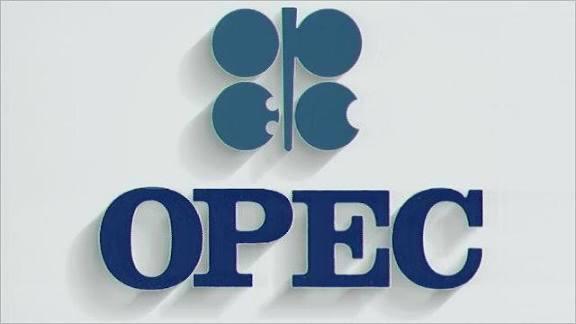With anticipation that OPEC+ will intensify production cutbacks to support prices, which have dropped for the past four weeks due to lessening concerns about Middle East supply disruptions brought on by the Israel-Hamas war, oil futures saw a little increase on Monday.
Brent crude futures had gained 66 cents, or 0.8%, to $81.27 per barrel, while U.S. West Texas Intermediate crude had gained 60 cents, or 0.8%, to $76.49 per barrel. While the more active January futures climbed 65 cents, or 0.9%, to $76.69 a barrel, the front-month December contract ends later on Monday.
After three OPEC+ sources informed Reuters that the producer group, which consists of Russia and the Organisation of the Petroleum Exporting Countries, is scheduled to discuss whether to implement further curbs in oil supply during its meeting on November 26, both contracts ended the day 4% higher.
Since late September, the price of oil has decreased by about 20%, and last week, the immediate inter-month spreads for Brent and WTI fell into contango. When prompt prices are less than future months’ prices in a contango market, there is an adequate supply.
Moscow loosened its export prohibition on petrol on Friday, potentially increasing the amount of the motor fuel available globally. This happened after Russia removed the majority of the limitations on fuel shipments last month.
For the first time in three weeks, American energy companies also added oil and gas rigs last week, according to a Friday statement from energy services company Baker Hughes. An early predictor of future production is the number of oil and gas rigs. In the Middle East, despite intense fighting, American and Israeli officials suggested that an agreement to release some of the captives held in the beleaguered Gaza enclave was getting closer.

